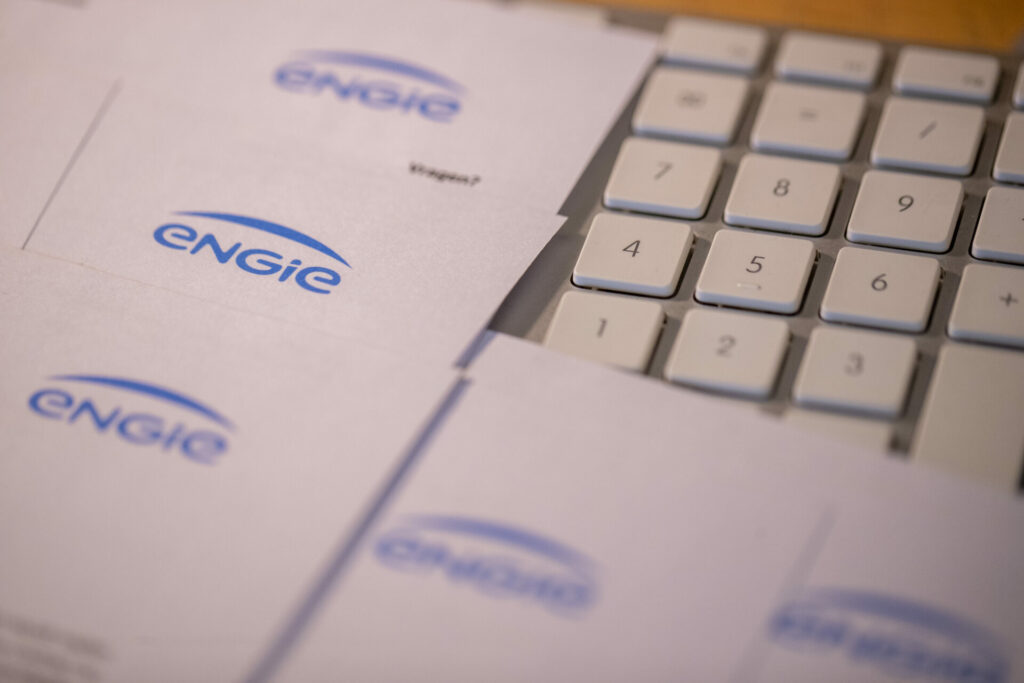As energy prices fall, many Belgian consumers are wondering if now is the time to lock in a price for their energy deal. For some customers, this may well be the right time to make the switch.
Last January, energy company Luminus became the first in the country to offer a fixed tariff for electricity and gas. Fixed contracts had all but disappeared against the backdrop of rising energy prices in the build up to Russia's invasion of Ukraine.
The price of gas and electricity soared last year. On the Dutch TTF Gas Futures Market, prices peaked at €239 per megawatt-hour in August 2022. In Belgium, electricity bills for new contracts signed in October 2022 averaged at €5,988.95 per year – 95% more than the same period the year before.
Given these record high prices, no energy supplier in Belgium dared to launch fixed price contracts, which would lock consumers into high price contracts for extended periods. It was not until January – when prices started to fall again – that Luminus launched its fixed tariff once again.
This was in response to strong demand from consumers, who preferred the predictability of their energy bill rather than waiting for better prices. Prices then fell even further this year, leading to a series of other providers offering similar fixed deals at even lower prices.
Fixed certainty?
From June to July, unfortunately, prices have risen again. For example, Mega's Online Flex electricity contract, for an average level of consumption, increased from €1,219 to €1,281, Sudinfo reported. These increases are roughly the same for all energy providers, but prices are expected to drop once again in August.
For gas, the current trend is the same. There were price increases across the board in July, but these are expected to fall again next month. For an average annual consumption, prices have risen by around €200 per year for contracts signed this month.
Given these price increases, could this be the time to quickly sign a fixed contract? Possibly, as the price of Engie's fixed gas contracts fell between June and July.
Comparing the cheapest variable tariff (Mega at €2,224) with the cheapest fixed tariff (Engie at €2,433), the difference is only €209. Despite being more expensive, the increased certainty may tempt many consumers to opt for the fixed deal.
For both gas and electricity, the cheapest fixed price would cost €357 more per year than the cheapest variable price. A significant gap, but potentially enough to encourage some customers to make the switch.
Price increases to come?
Fixed contracts are becoming more competitive because energy suppliers are reasonably certain about the future of the energy market. Most companies are confident that prices will fall next month and are passing on these savings for both fixed and variable contracts.
Looking at the gas futures market, traders are expecting prices to go up again. For this reason, it may be worth investing in a fixed contract while prices are still relatively low.
Related News
- Energy operator calls to raise electricity bills to fund grid investments
- Inflation in Belgium has stopped falling
Of course, fixed contracts are still a risky deal. Those who signed fixed contracts in January are likely regretting their decision. A fixed gas contract with Luminus in January cost €3,561. July's fixed offering is now almost a third less at €2,433. It is impossible to predict, and what may seem like a good deal now could well be a poor investment in the future.
In April, consumer rights organisation Test Achats warned that prices for fixed contracts were still "very high" compared to variable contracts, advising customers against signing fixed contracts. Since then, the price difference has narrowed, making fixed deals more attractive.

